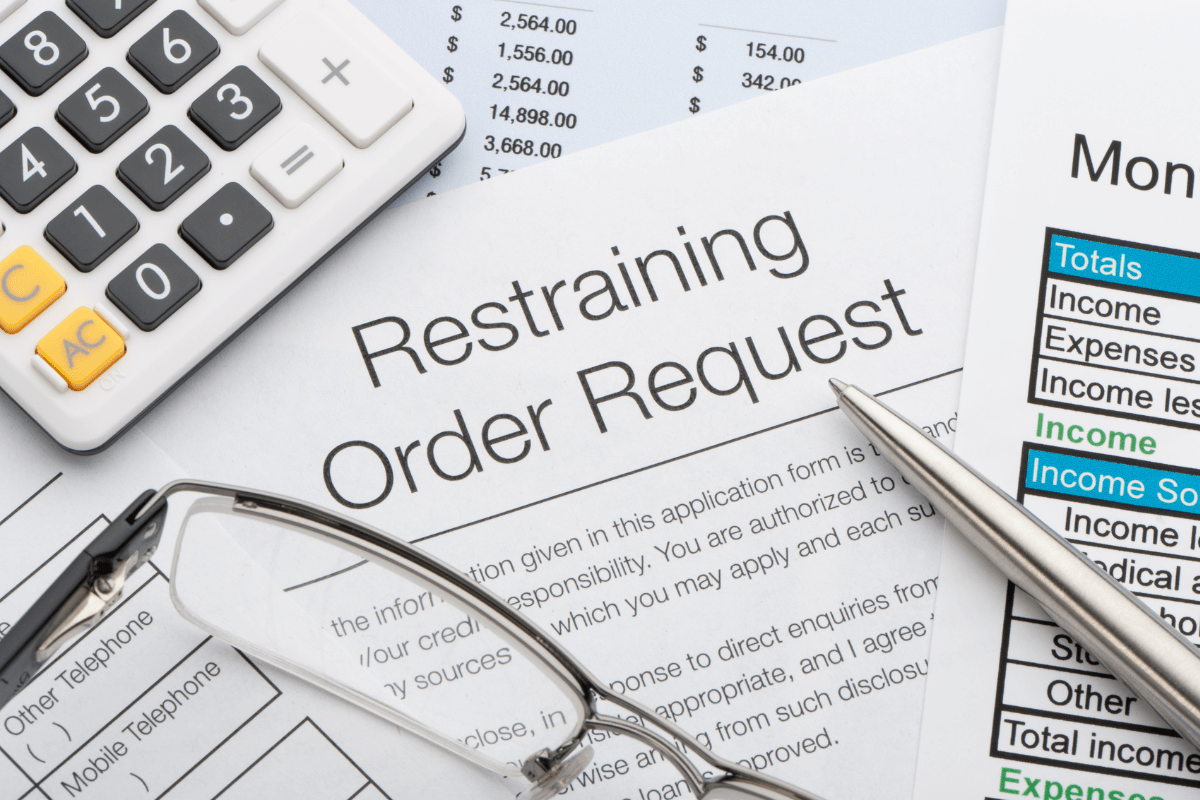Can You Successfully Get a Restraining Order?
Restraining orders, also known as protective orders, are orders issued by a court to protect people, businesses, or the general public from harm in the event of domestic abuse, stalking, assault, or other criminal conduct. A court can order a person to stay a certain distance away from another home, person, group of people, or business. The court can also order a person to avoid contact from the protected person or people. In some jurisdictions, a court may also order that person to surrender their firearms.
However, it is not always profitable for an attorney to take on a case solely to obtain a restraining order. Restraining orders are often sought during an ongoing divorce case or child custody dispute. Such family law laws may require hefty retainer fees. Similarly, criminal victims are often required to work through a District Attorney’s office if they cannot hire their own attorneys to pursue a restraining order. Below are some guideposts to keep in mind when meeting with an attorney to apply for or defend against a restraining order application:
 Types of Restraining Orders
Types of Restraining Orders
Temporary Restraining Order – Temporary restraining orders (TRO) are in effect until the court can hold a hearing to review the facts surrounding the need for the order. A TRO will usually have a set expiration date or until the court hearing. At the hearing, the judge will decide if there is a need for a longer restraining order beyond the TRO.
Emergency Protective Order – An emergency protective order (EPO) is a restraining order issued by the police after responding to a domestic violence case. An EPO is effective immediately and usually lasts up to seven days. The victim can still apply for a longer restraining order.
Permanent Restraining Order – Permanent restraining orders (PRO) are put into effect after a court case is finalized. This restraining order may last for years, if not permanently.
Domestic Violence
Domestic violence is one of the most common reasons a person seeks a restraining order. The greatest threat of physical violence often comes from one’s own parents, spouse, or dating partners. If you apply for a restraining order, you must be prepared to present some physical evidence, such as photographs, text messages, medical records, or police reports, in addition to written statements and testimony in court. Simple accusations are typically not enough to sway a court to grant a restraining order.
Stalking
Restraining orders are often sought if a person is a victim of stalking. Stalking is a pattern of behavior directed at a specific person that would cause him or her to be afraid. Unlike other crimes, stalking is a pattern of behavior and not a single act. Stalking is often made up of individual acts that could, by themselves, seem harmless, but taken together, could be considered criminal. This may include following someone around, repeatedly calling them, threatening the victim’s person, property, or family members, or linger near the victim’s home or place of work. As with other restraining orders, a petitioner must present evidence of their claims before a court will grant a restraining order.
Deception and Retaliation
Unfortunately, some people will always find a way to abuse the legal system by filing frivolous bad faith actions. Some abusers will file their own applications for restraining orders in order to confuse the court, to punish their victims, or to sue doubt about a potential child custody dispute. If you believe you are the target of an illegitimate restraining order application, you may need to hire an attorney to protect your rights.
Do I Need a Lawyer to Obtain or Oppose a Restraining Order?
Restraining orders can have serious consequences. It is important to consult with a skilled criminal attorney or family law attorney if you think you need a restraining order. You should have legal representation at the hearing where the court will decide whether or not to issue a restraining order. An attorney can also advise you on other ways of protecting yourself and your loved ones.


Comments